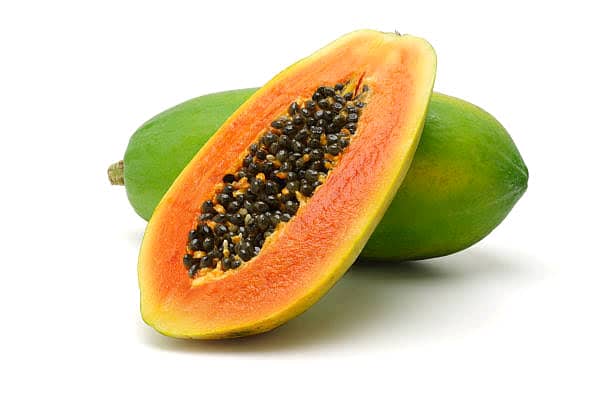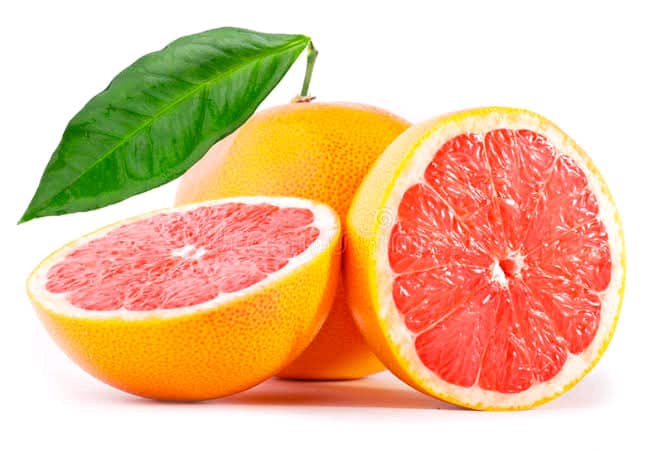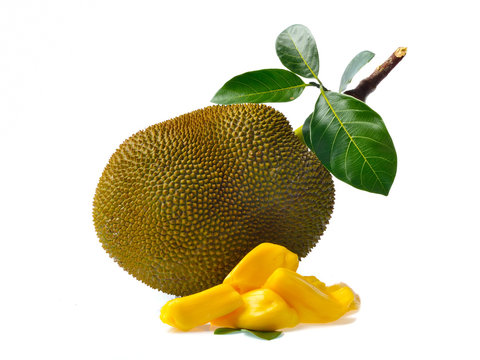In the realm of refreshing summertime treats, the watermelon stands as an icon of juicy indulgence. Yet, beyond its delectable taste and thirst-quenching qualities, the watermelon reveals itself as a nutritional treasure trove, offering a spectrum of health benefits that extend far beyond its vibrant pink flesh.
At the core of the watermelon’s nutritional profile is its impressive water content. Comprising over 90% water, this fruit stands as a natural hydrator, perfect for combating the heat and replenishing fluids. Its high water content not only helps in maintaining proper hydration but also contributes to a feeling of fullness, making it an ideal inclusion in weight-conscious diets.
Beneath the watery surface, watermelon boasts a modest calorie count, with approximately 46 calories per cup (approximately 152 grams). This characteristic positions it as a guilt-free option for those seeking a refreshing snack without the caloric burden. The low-calorie nature of watermelon, combined with its natural sweetness, makes it a delightful choice for those looking to satisfy their sweet tooth without compromising on nutritional goals.
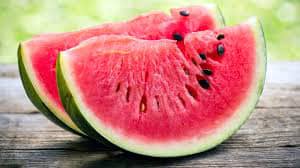
One of the standout features of watermelon is its rich antioxidant content. Lycopene, the pigment responsible for the fruit’s red hue, is a powerful antioxidant associated with various health benefits. Studies suggest that lycopene may contribute to heart health, reduce inflammation, and potentially lower the risk of certain cancers. As we relish the sweet juiciness of watermelon, we are also partaking in a nutrient that supports our body’s defense against oxidative stress.
Beyond lycopene, watermelon offers a notable dose of vitamins and minerals. Vitamin C, known for its immune-boosting properties, is present in watermelon, contributing to overall health and well-being. Additionally, the fruit contains small amounts of other essential nutrients, including potassium and vitamin A.
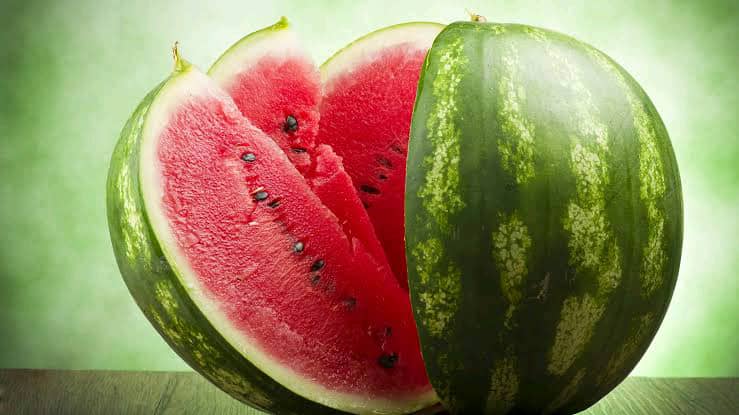
The presence of citrulline, a non-essential amino acid, is another distinctive feature of watermelon. This compound has been linked to potential improvements in blood vessel function and may have implications for cardiovascular health. While more research is needed to fully understand the extent of these benefits, the preliminary findings add to the intrigue surrounding the nutritional depth of watermelon.
In essence, the watermelon transcends its status as a quintessential summer treat and emerges as a nutritional marvel. From its hydrating prowess and low-calorie allure to its antioxidant-rich composition and unique compounds like lycopene and citrulline, the watermelon invites us to savor not just its flavor but also the wealth of health it brings to the table. As we bite into this juicy delight, we are not just enjoying a fruit; we are embracing a nutritional symphony that refreshes and revitalizes from the inside out.

